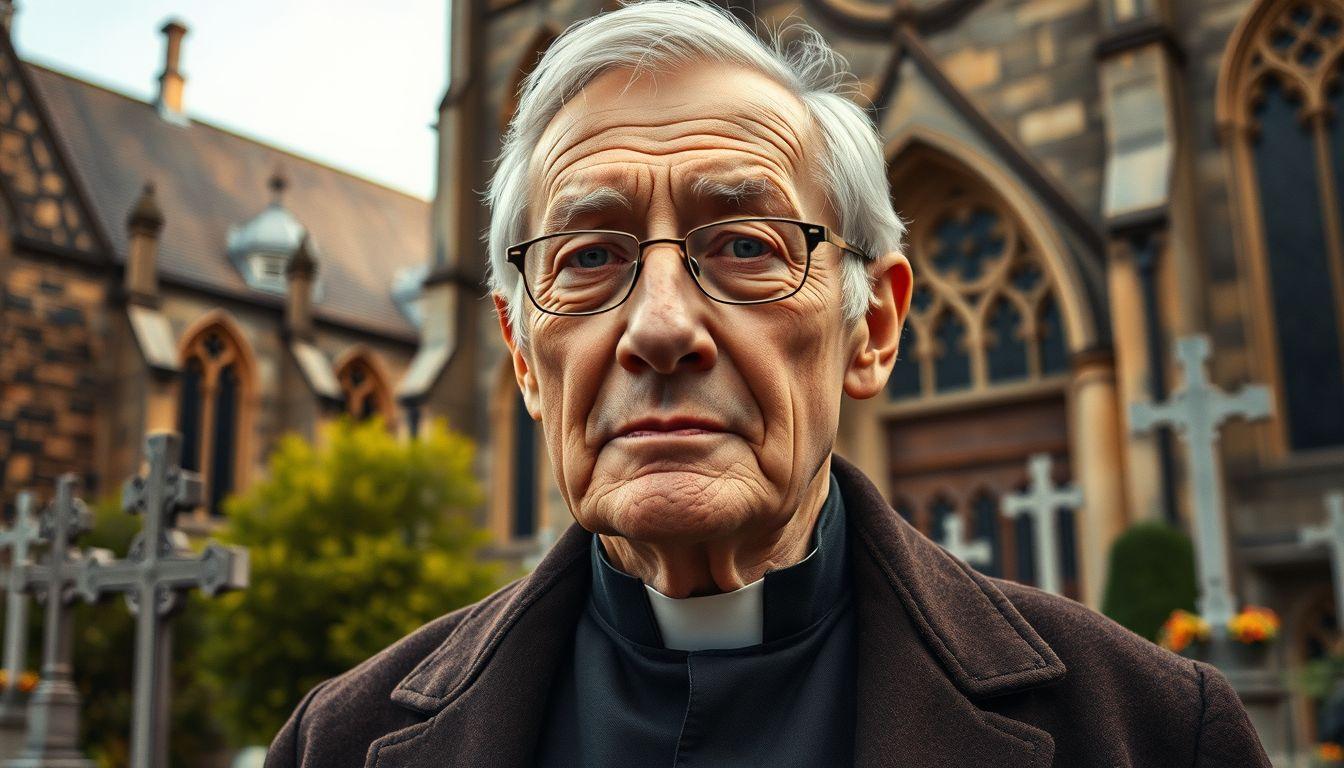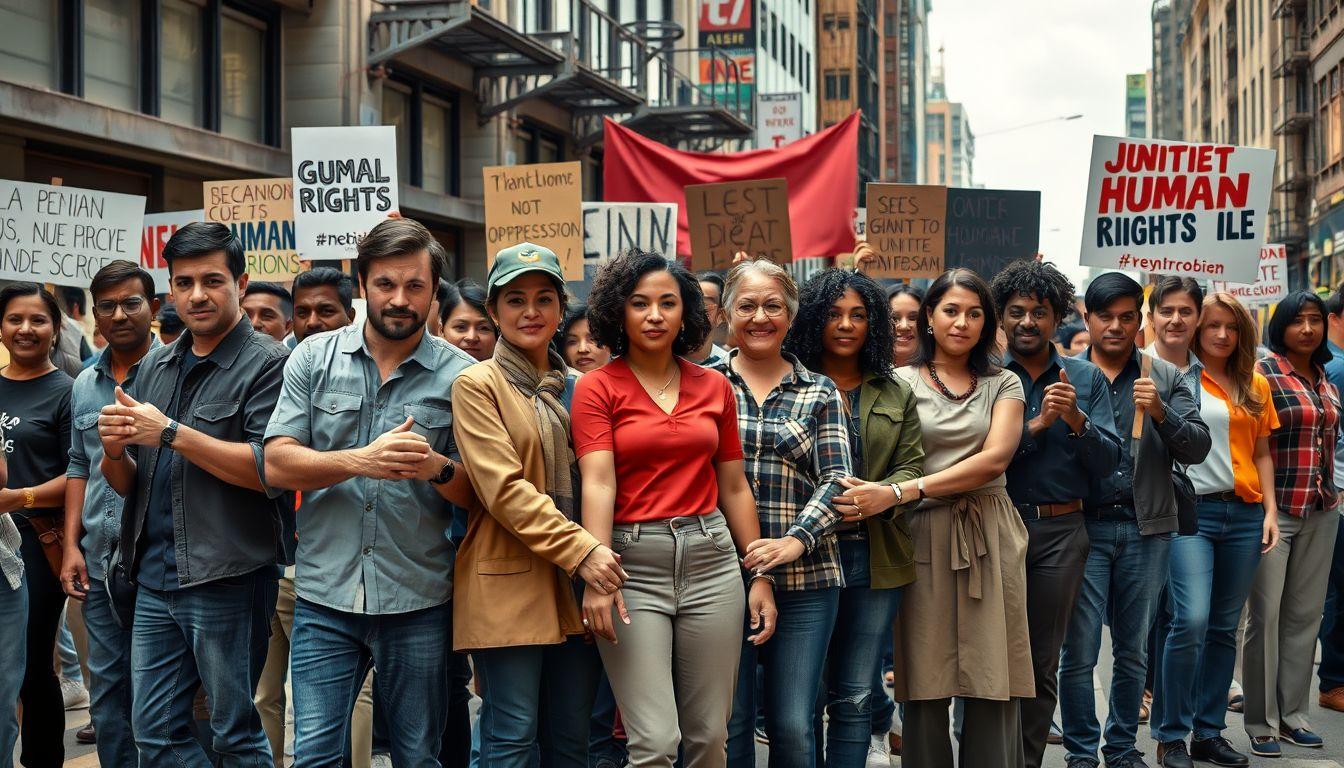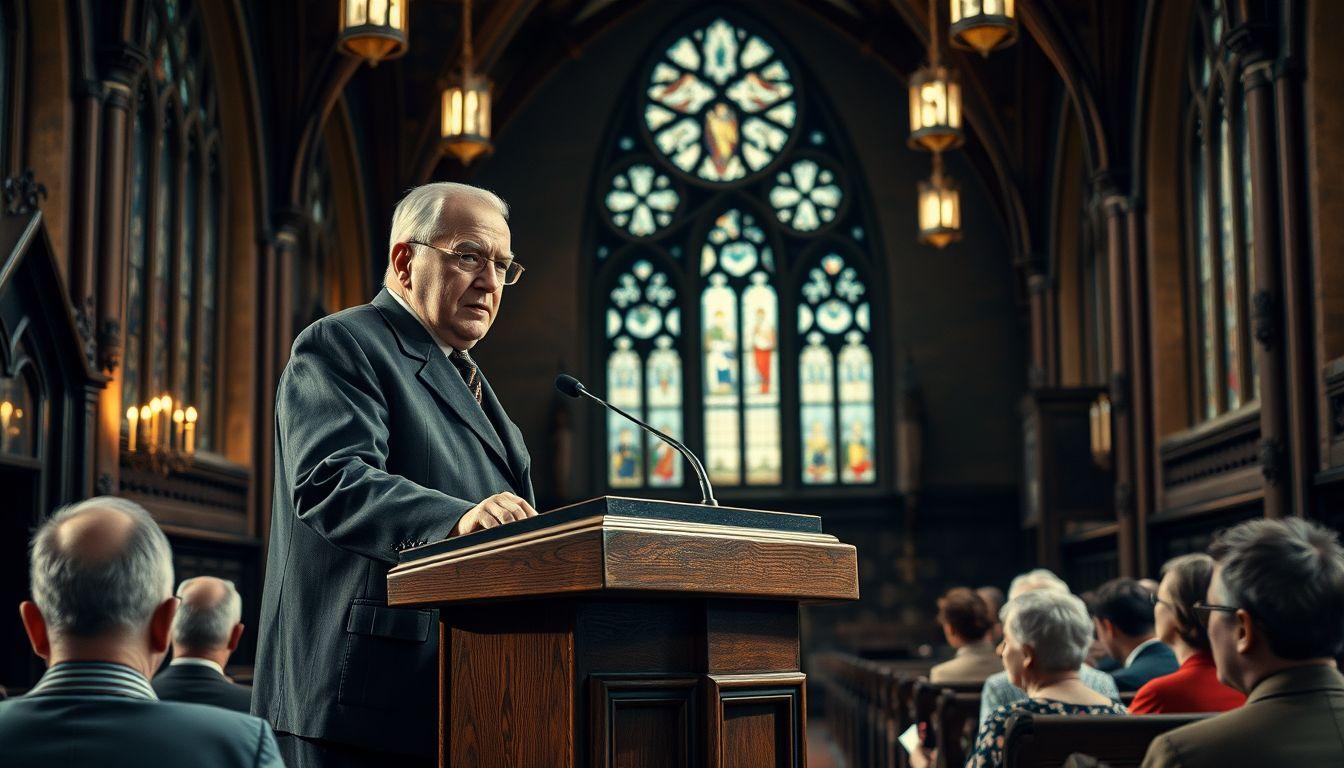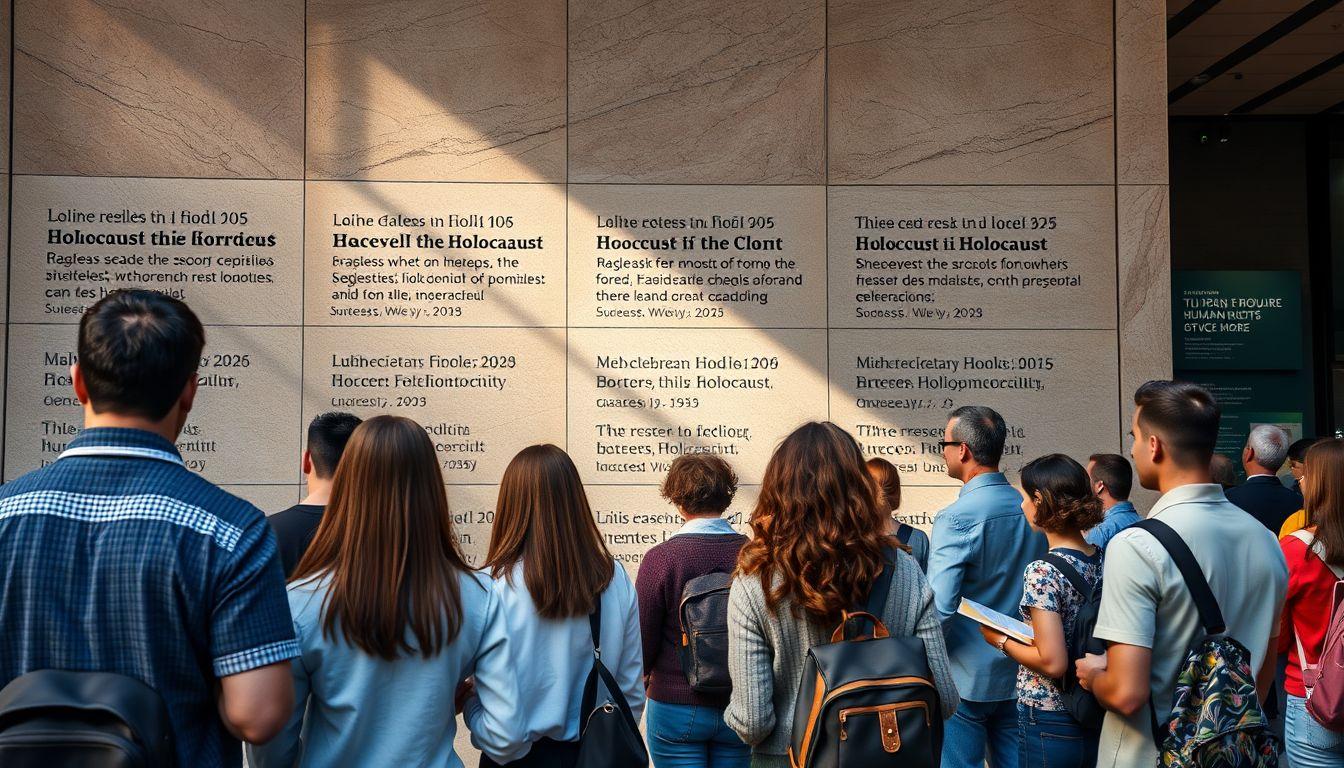Liputan6.com, Jakarta Martin Niemoller was a German pastor who wrote one of the most famous quotes in history. His words teach us about the danger of staying silent when bad things happen to others. The quote is called "First They Came" and it warns people about what happens when we do not speak up for others who are being hurt.
2 of 11 pages
Who Was Martin Niemoller

- Martin Niemoller was born in Germany in 1892.
- He was a Lutheran pastor and church leader.
- During World War One, he served as a submarine commander.
- He first supported Hitler when the Nazis came to power.
- Later, he changed his mind and spoke against the Nazi government.
- The Nazis arrested him in 1937 for opposing their rules.
- He spent eight years in concentration camps.
- Allied forces freed him in 1945 when the war ended.
- After the war, he became a voice for peace and forgiveness.
- He died in 1984 at the age of 92.
Advertisement
3 of 11 pages
The Famous First They Came Quote

- The most well-known version starts with "First they came for the socialists."
- The quote continues "and I did not speak out because I was not a socialist."
- Then it says "They came for the trade unionists, and I did not speak out."
- The reason given is "because I was not a trade unionist."
- Next comes "Then they came for the Jews, and I did not speak out."
- Again the reason is "because I was not a Jew."
- The quote ends with "Then they came for me."
- The final line is "and there was no one left to speak for me."
- This version is displayed at the Holocaust Memorial Museum.
- Many different versions of the quote exist today.
4 of 11 pages
Different Versions of the Quote

- Some versions mention Communists instead of socialists.
- The original German version talked about Communists first.
- British versions often include both Communists and socialists.
- American versions usually say socialists instead of Communists.
- Some versions add Catholics or other religious groups.
- The order of groups mentioned can be different.
- All versions end with the same warning message.
- The main idea stays the same in every version.
- Niemoller himself used different words at different times.
- He never wrote down one official version of the quote.
Advertisement
5 of 11 pages
The Original German Text
- The German version starts with "Als die Nazis die Kommunisten holten."
- This means "When the Nazis came for the Communists."
- The German text says "habe ich geschwiegen" meaning "I kept quiet."
- It mentions "ich war ja kein Kommunist" meaning "I was not a Communist."
- The German version talks about trade unionists or "Gewerkschafter."
- It mentions social democrats or "Sozialdemokraten."
- Jews are called "Juden" in the German text.
- The ending says "gab es keinen mehr, der protestieren konnte."
- This means "there was no one left to protest."
- The German original is kept at the Martin Niemoller House in Berlin.
6 of 11 pages
When and Why Niemoller Wrote This

- Niemoller first spoke these words in 1946 after the war ended.
- He was speaking to the Confessing Church in Frankfurt.
- The speech was about feeling guilty for not doing enough.
- He wanted to confess his mistakes during the Nazi time.
- Niemoller felt bad about staying silent too long.
- He wished he had spoken up earlier to save more lives.
- The quote was his way of teaching others not to make his mistake.
- He used these words in many speeches throughout his life.
- The quote became famous when it was translated into English.
- It spread around the world as a warning about staying silent.
Advertisement
7 of 11 pages
What the Quote Really Means

- The quote teaches us to speak up when others are being hurt.
- It shows how staying silent can be dangerous for everyone.
- When we ignore problems, they can grow bigger and worse.
- Bad things that happen to others can happen to us too.
- We should care about all people, not just people like us.
- Standing up for others is the right thing to do.
- If we wait too long to act, it might be too late.
- Everyone deserves protection and someone to speak for them.
- Silence in the face of evil makes us part of the problem.
- We are all connected and should help each other.
8 of 11 pages
How Niemoller Changed His Mind
- At first, Niemoller supported Hitler and the Nazi party.
- He thought the Nazis would make Germany strong again.
- Many German pastors felt the same way in the beginning.
- Niemoller was against Communism and liked Nazi promises.
- But then Hitler tried to control the German churches.
- The Nazis wanted to change Christian teachings to fit their ideas.
- They removed pastors who had Jewish backgrounds.
- Niemoller realized this was wrong and spoke against it.
- He helped start the Confessing Church to fight Nazi control.
- This brave stand led to his arrest and imprisonment.
Advertisement
9 of 11 pages
Where You Can See the Quote Today

- The quote is displayed at the Holocaust Memorial Museum in Washington.
- It appears on a large wall at the end of the museum tour.
- Visitors see it as the last thing before leaving the museum.
- The quote is also at the Holocaust memorial in Jerusalem.
- Many schools teach this quote to their students.
- It appears in history books around the world.
- The New England Holocaust Memorial in Boston shows the quote.
- Holocaust museums in Florida and Illinois display it too.
- You can find it on posters and websites about human rights.
- The quote is carved into stone at several memorial sites.
10 of 11 pages
Why This Quote Is Still Important
- The quote reminds us that history can repeat itself.
- Bad leaders still try to hurt innocent people today.
- We need to watch for signs of unfair treatment of others.
- Speaking up early can prevent bigger problems later.
- The quote teaches us about moral courage and doing what is right.
- It shows that ordinary people can make a difference.
- We should not wait for someone else to solve problems.
- Every person has a responsibility to help protect others.
- The quote encourages people to be brave when facing injustice.
- It reminds us that silence can be just as harmful as evil actions.
Advertisement
11 of 11 pages
Lessons We Can Learn
- Always speak up when you see someone being treated unfairly.
- Do not ignore problems just because they do not affect you directly.
- Learn from history so we do not make the same mistakes again.
- Be willing to stand up for what is right, even when it is hard.
- Remember that all people deserve respect and protection.
- Do not wait until it is too late to take action.
- Use your voice to help those who cannot help themselves.
- Understand that staying silent can make you part of the problem.
- Be brave enough to do the right thing, even when others do not.
- Work together with others to fight against injustice and hatred.
:strip_icc()/kly-media-production/avatars/1860534/original/066891900_1744691596-WhatsApp_Image_2025-04-15_at_11.32.22_686af95d.jpg)
:strip_icc()/kly-media-production/medias/5281992/original/028232300_1752456212-ny6lhg7NDh.jpg)
:strip_icc()/kly-media-production/medias/1672131/original/020242800_1538485541-044317100_1502170238-jermancov__1_.jpg)
:strip_icc()/kly-media-production/medias/5013337/original/099548400_1732073895-tips-menghadapi-sidang-perceraian.jpg)